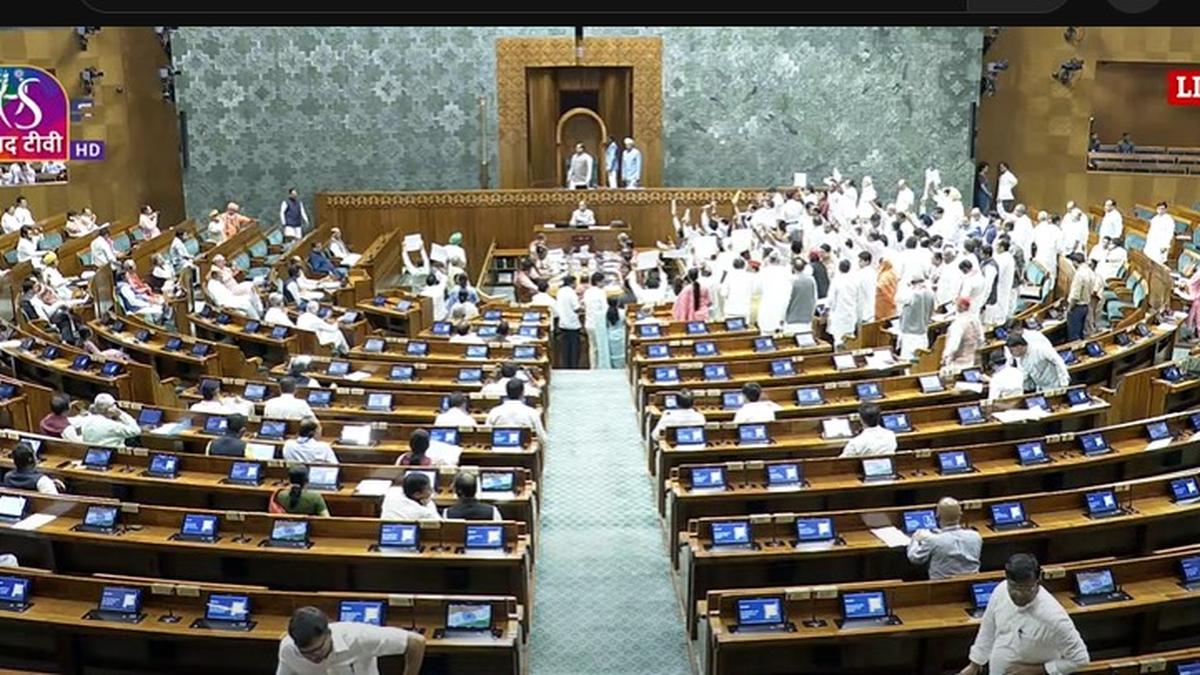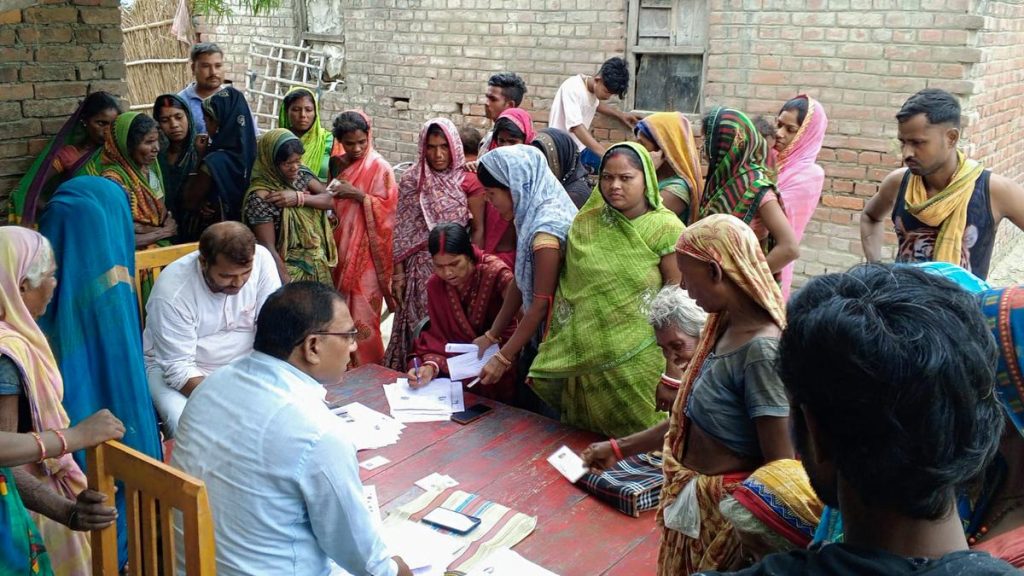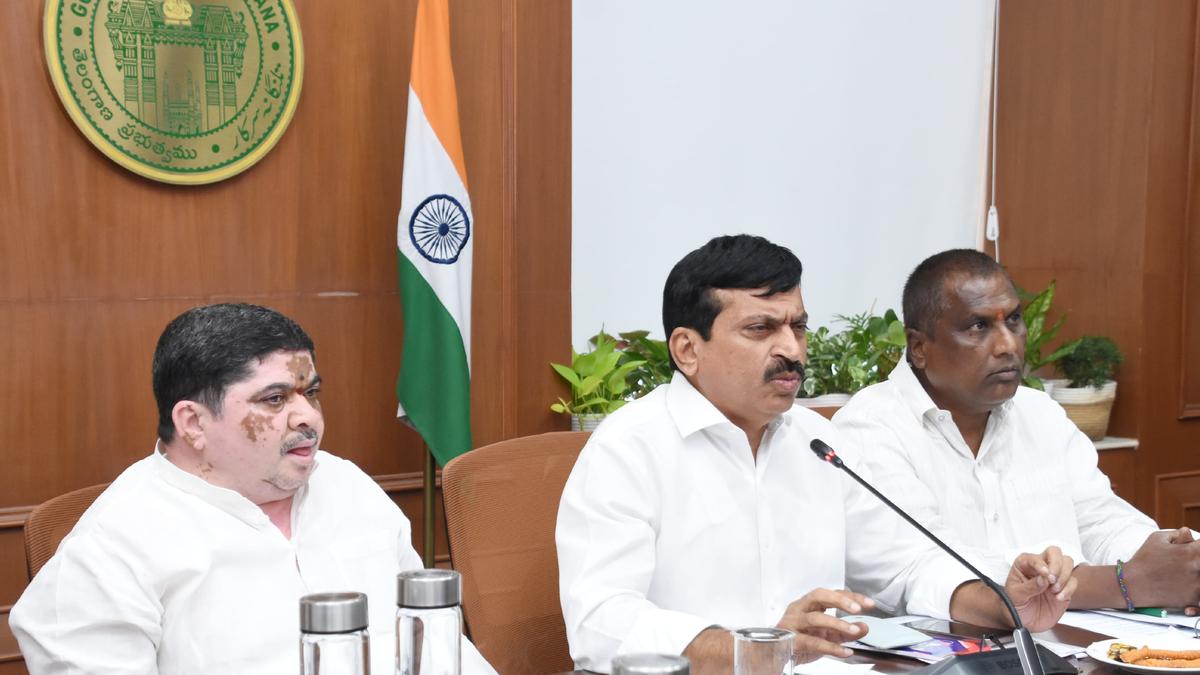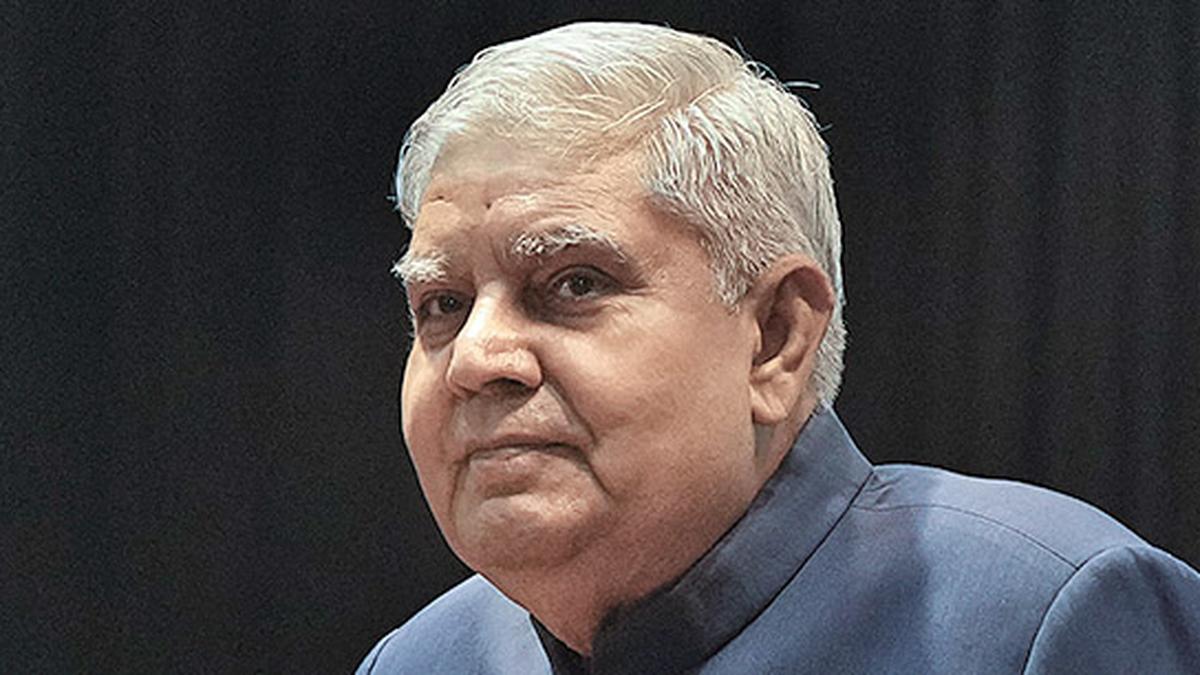Now Reading: NDA Poised for Victory in Vice-Presidential Polls
-
01
NDA Poised for Victory in Vice-Presidential Polls
NDA Poised for Victory in Vice-Presidential Polls

Speedy Summary
- The Vice Presidential Electoral College, comprising Lok Sabha and Rajya Sabha MPs, is preparing for the upcoming election.
- BJP and its allies have at least 457 members in the College, significantly outnumbering the opposition, which has a little over 300 members under the INDIA bloc.
- Congress remains the largest opposition party with 99 Lok Sabha MPs and 27 Rajya Sabha MPs.
- Non-aligned parties like Biju janata Dal (BJD), YSR Congress, and Bharat Rashtra Samithi hold at least 18 Rajya Sabha seats but historically have ofen supported the government in contested situations.
- Previous contests for vice-presidential elections saw Venkaiah Naidu defeating Gopal Krishna Gandhi by 272 votes in 2017, and Jagdeep Dhankhar winning against Margret Alva by a margin of 346 votes in 2022. Trinamool Congress abstained from voting during last year’s polls due to a lack of consultation.
!80/20250721131L.jpg”>Election Coverage
indian Opinion Analysis
The imbalance between BJP-led alliances and opposition parties underlines how numerical strength within Parliament influences electoral outcomes.With non-aligned parties traditionally leaning toward government positions on critical issues, it seems unlikely that an opposition-backed candidate will succeed unless important cross-party collaboration occurs.
While past vice-presidential elections showcased consistent wins for ruling nominees due to sheer numbers-such as margins of over two hundred votes-the trend hints at limited room for effective bipartisan negotiation or cooperation. It raises questions about increasing polarization within political blocs while underscoring India’s need for consensus-driven policymaking. Maintaining democratic functionality requires leveraging such interactions constructively to boost governance rather than deepen divisions.

























